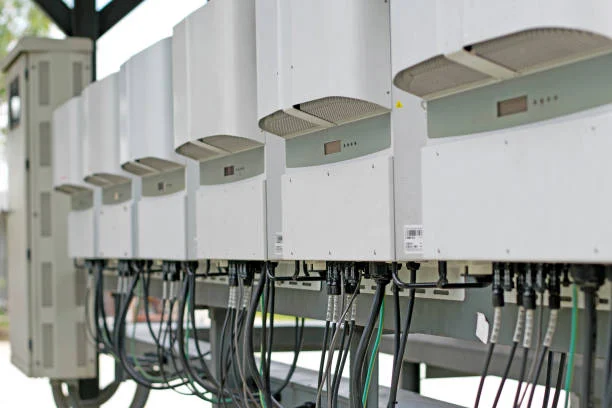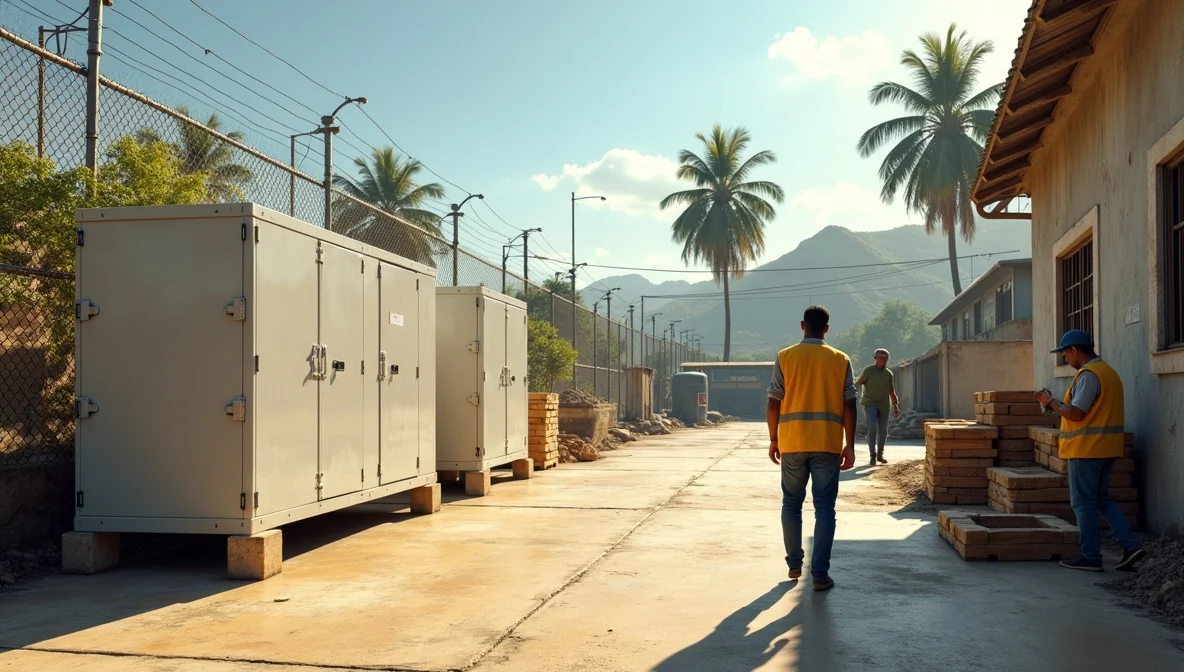2025-02-18
As the global shift towards renewable energy and electric vehicles accelerates, the importance of advanced energy storage technologies has never been more evident. In the UK, the demand for efficient, long-lasting, and sustainable battery solutions is growing rapidly. By 2025, the top 5 batteries in the UK will be driving the next generation of energy storage, offering better performance, lower costs, and more sustainable energy solutions. In this article, we will explore the leading battery technologies expected to dominate the UK market in 2025, from lithium-ion batteries to cutting-edge solid-state technologies.
Lithium-ion batteries have been at the forefront of energy storage technology for years, and they continue to be the leading solution for various applications, from electric vehicles (EVs) to grid storage and consumer electronics.
As technology continues to improve, lithium-ion batteries will remain a critical component in the UK's energy storage landscape in 2025.
Solid-state batteries are one of the most promising advancements in energy storage technology. Unlike traditional lithium-ion batteries, which use liquid electrolytes, solid-state batteries use solid electrolytes, offering improved safety and higher energy density.
In 2025, solid-state batteries are expected to make a significant impact on industries like electric vehicles and stationary energy storage systems.
Sodium-ion batteries are gaining traction as a sustainable alternative to lithium-ion batteries. These batteries use sodium, which is abundant and environmentally friendly, instead of lithium, which is more scarce.
By 2025, sodium-ion batteries are expected to play a crucial role in the UK's energy transition, especially in large-scale energy storage systems.
Flow batteries represent an emerging technology that stores energy in liquid electrolytes. These batteries are designed for long-duration energy storage, making them ideal for grid storage and renewable energy integration.
By 2025, flow batteries will likely become essential for the UK's renewable energy storage infrastructure, enabling efficient storage of solar and wind power.
Lithium-sulfur batteries are a next-generation technology that offers high energy density and sustainability. These batteries use sulfur as a cathode material, which is lighter and more abundant than traditional lithium-ion materials.
While still in development, lithium-sulfur batteries are expected to make a significant impact by 2025, especially in electric vehicles and large-scale energy storage applications.

Assessing Singapore’s Energy Storage Infrastructure Contribution to the Promotion of Renewable Energy Growth

Inverter Innovations in Kazakhstan: Powering the Nation’s Energy Transition and Sustainability Goals

Container Energy Storage Solutions: Enhancing Jordan’s Grid Stability Amid Policy Shifts

Hybrid Energy Systems in Jamaica: A Sustainable Solution for Energy Independence

Hybrid Energy Systems in Jamaica: A Sustainable Solution for Energy Independence